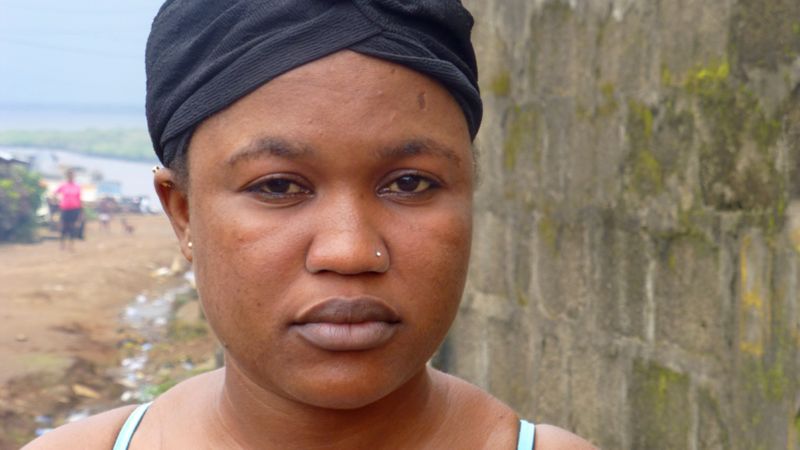Some readers may find this story disturbing
Each year, thousands of young Sierra Leoneans go on the ‘temple run’ in search of a new and better life in Europe. Named after the popular mobile game where an adventurer runs from a beast overcoming obstacles along the way, non-stop, the journey for these young people across the desert, through North African countries and the Mediterranean sea is just as challenging and life-threatening.
Stop or look back, and your short-lived game life will flash before your eyes. In the same way, if an illegal migrant wishes to return home to Sierra Leone after attempting the temple run, they face trouble when they return. You could be stigmatised, discriminated against and in worse cases, be tagged a failed illegal immigrant and be at risk of disownment or jail time.
Fatmata Bangura, a warmhearted, down-to-earth young woman of 28 attempted the temple run in 2016. She did not make it to the desert because she was abducted. When she could escape, she did and decided to return to Sierra Leone. But she was shunned by her family once she did.
Her journey to attempt the ‘temple run’ started in a car heading for the desert. A band of armed nomad Tuaregs stopped their car and took Fatmata away.
“They called him Ahmed. He was huge and so wicked.”
He took her home and held her captive.
“Even when I cried, he would hit me hard. I was his wife for more than six months. He bought me like a slave. He said I’m a slave. ‘You are a slave, you are from Africa. You are from Africa, you are black’. He told me my people are from hell. He told me when somebody has a slave, you can do whatever you want to do to them.’
For more than six months she was tortured everyday. She escaped but she was caught again, thrown into a jail run by traffickers and there she found another Sierra Leonean girl who had been through just as much as she had been.
Jamilatu and Fatmata broke out of their jail cells and moved on to prepare to return home with the help of the International Organisation for Migration who paid their travel fares for their journey to return.
“I was so happy to come back home,” says Fatmata. “I was so happy but then again I wish I did not come back because I know I was coming home to face so many things.”
Fatmata didn’t dare contact her mother. She tried her elder brother but his reaction made her blood run cold.
“He told me I should die wherever I go because I didn’t bring anything back home.” In his eyes, she was a failure. “He said to me that I will rot in jail if you don’t give the money to your aunt.”
Fatmata had funded her temple run with money she took from her aunt, her mother’s sister. It was money her aunty had given her to buy clothes for her aunt to resell. It was 25 million leons; back then it was more than $4,000.
“My mother said she never brought me up to steal. She said I stole from my aunty so she didn’t want to see me and still hasn’t seen me,” Fatmata said.
But her family didn’t reject her just because she was a failure. It was also because of how she funded her journey.
“Before I took the money I wasn’t thinking straight. I was only thinking how to get the money and go. I am not a selfish person. If I had succeeded by going to Europe, I decided that I would triple the money, I would take good care of my aunt and my mother. I thought I could give her back far more than I took. I thought if I make it in life, I would definitely do something good for her.”
I pray they forgive me for the mistake I made.”
Fatmata is desperate to establish a relationship with her family. She has a little girl who is now, eight, and hasn’t seen her for three years as well.
“I can’t even go and see my baby. I only see the pictures but I can’t go there to see her. If I can see my mother, I know I’ll have the chance to see my daughter.”
Although her mother loves Fatmata, her daughter, she insists she does not want to set her eyes on Fatmata.
“I’m in pain, serious pain!” her mother says. “The day I set eyes on Fatmata, she will end up in the police station – and I will die.”
The situation has split the family causing tension between Fatmata’s mother and her sister who has blamed her of witchcraft.
This story is part of a series on illegal migration from Sierra Leone and the ‘temple run’.














